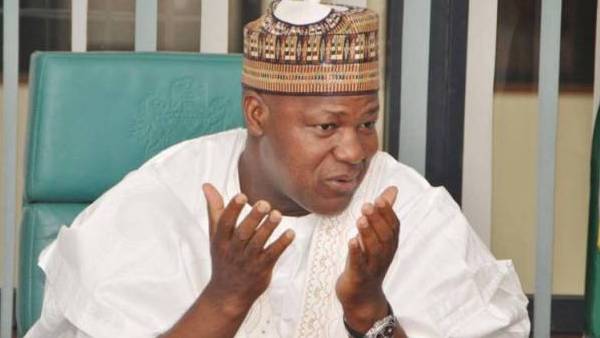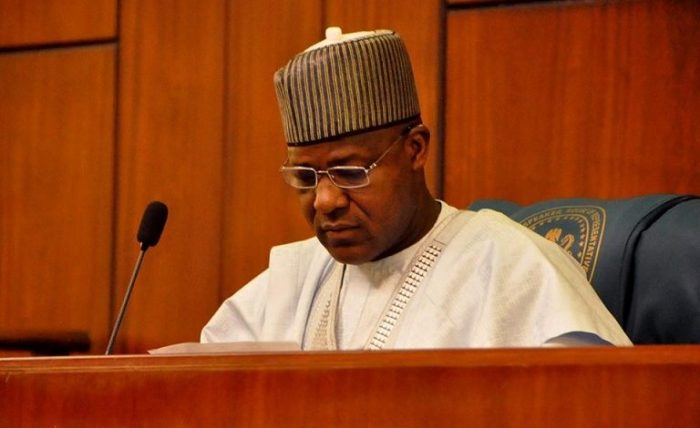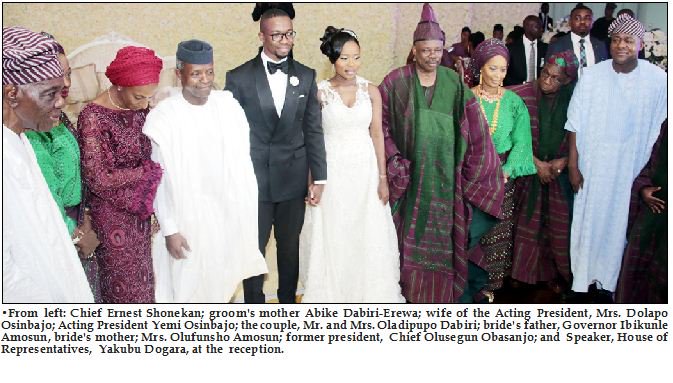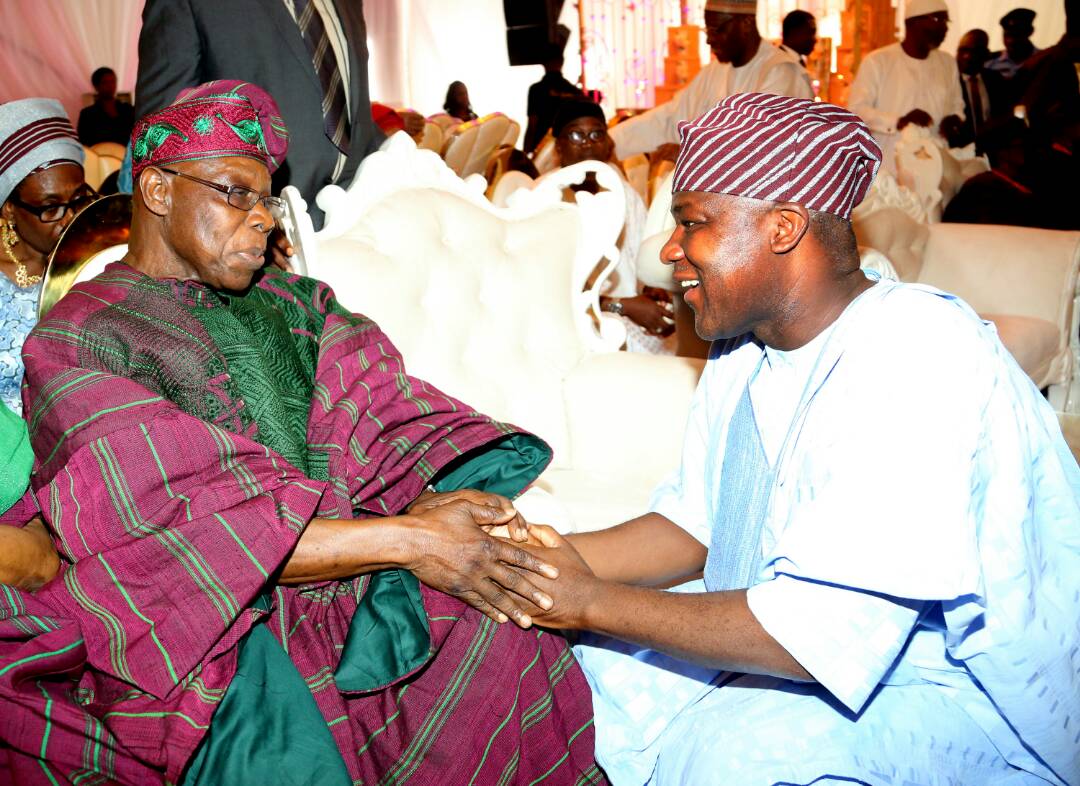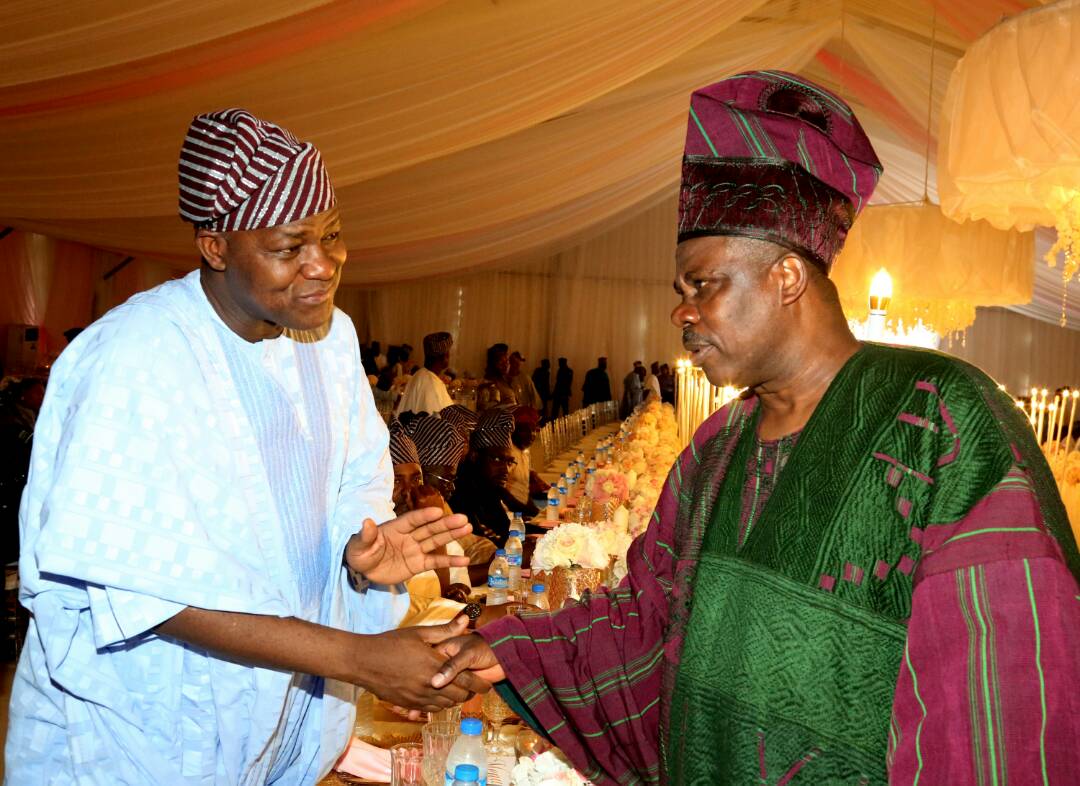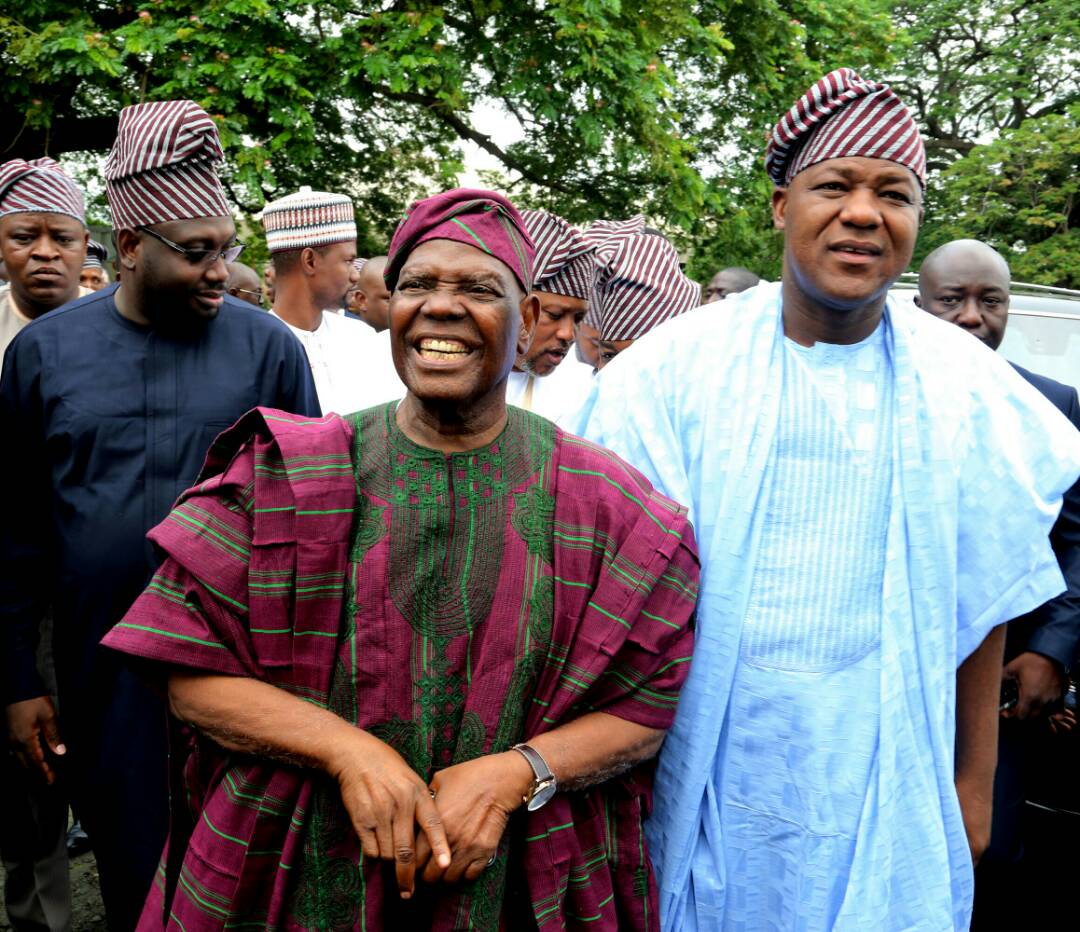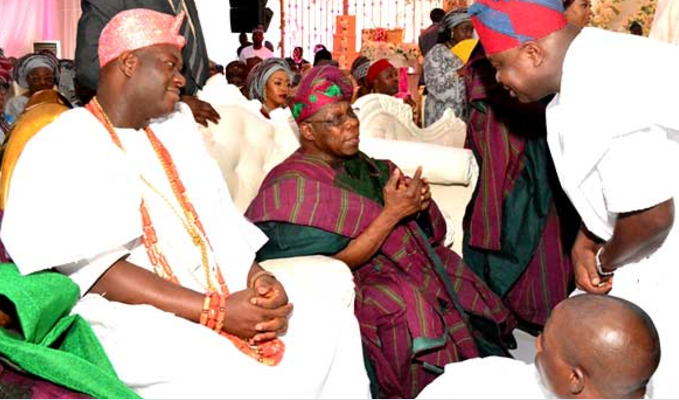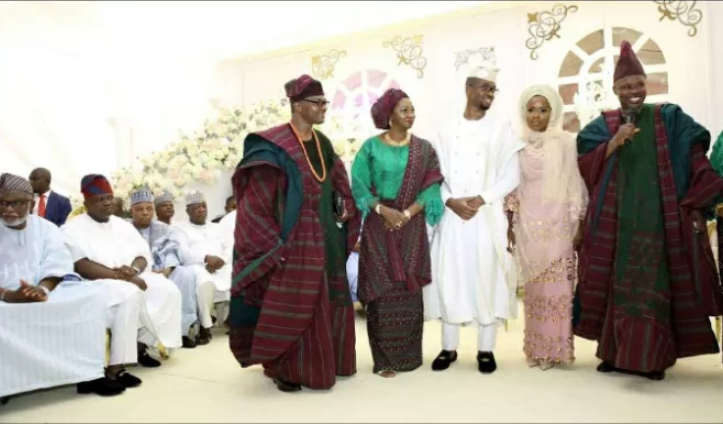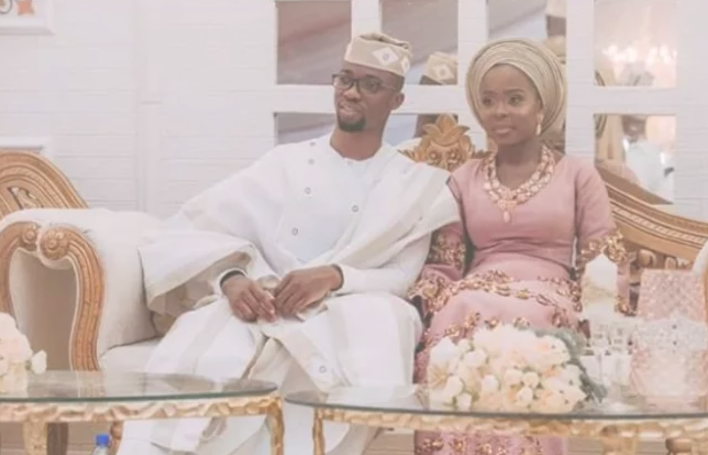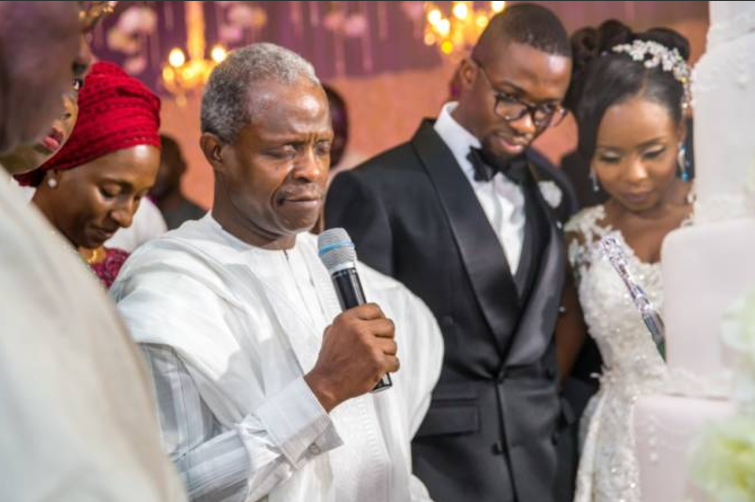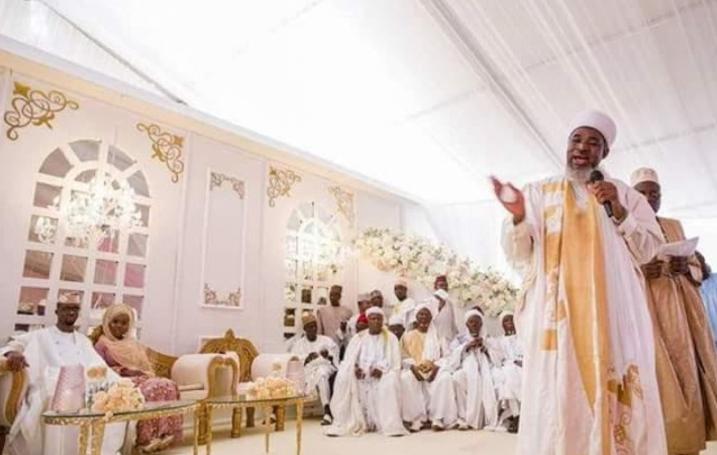The Senate President, Dr. Bukola Saraki, has disclosed what he (Saraki), the Speaker of the House of Assembly, Yakubu Dogara discussed with President Muhammadu Buhari in London.
TheNewsGuru.com reports that Saraki and Dogara visited President Muhammadu Buhari in London on Thursday.
Saraki, however, described that the parley with the president as a “meeting of substance.”
The Senate President disclosed that they discussed the virement request the Acting President, Yemi Osinbajo made to the National Assembly on the 2017 budget.
In a series of tweets, Saraki also noted that the president all through their meeting exhibited “remarkable” recovery and was up to date with political events in the country.
Today, myself and Speaker @YakubDogara met with @NGRPresident @MBuhari in London.
— Bukola Saraki (@bukolasaraki) August 17, 2017
Mr. President exhibited remarkable recovery and was very conversant with all the political happenings back at home and across the continent.
— Bukola Saraki (@bukolasaraki) August 17, 2017
It was a meeting of substance where we discussed important matters of state. We also discussed the 2017 budget.
— Bukola Saraki (@bukolasaraki) August 17, 2017
In particular, we talked about the Virement request by the Presidency which is before the National Assembly.
— Bukola Saraki (@bukolasaraki) August 17, 2017
We then considered the steps to be taken in the preparation of the 2018 budget to ensure its early passage.
— Bukola Saraki (@bukolasaraki) August 17, 2017
International issues were also discussed and Mr. President informed us that he has conveyed his sympathies to the people of Sierra Leone.
— Bukola Saraki (@bukolasaraki) August 17, 2017
We must give thanks to God for this highly welcomed recovery.
— Bukola Saraki (@bukolasaraki) August 17, 2017
It is clear that Mr. President’s insistence on following his doctors’ advice has yielded the desired results.
— Bukola Saraki (@bukolasaraki) August 17, 2017
I therefore confidently look forward to Mr. President’s imminent return home.
— Bukola Saraki (@bukolasaraki) August 17, 2017
According to Saraki, “Mr. President exhibited remarkable recovery and was very conversant with all the political happenings back at home and across the continent.
“It was a meeting of substance where we discussed important matters of state. We also discussed the 2017 budget.
“In particular, we talked about the virement request by the Presidency which is before the National Assembly.
“We then considered the steps to be taken in the preparation of the 2018 budget to ensure its early passage.
“International issues were also discussed and Mr. President informed us that he has conveyed his sympathies to the people of Sierra Leone.
“It is clear that Mr. President’s insistence on following his doctors’ advice has yielded the desired results.
“I therefore confidently look forward to Mr. President’s imminent return home.”
TheNewsGuru.com reports that President Buhari traveled for medical check-up in London on Sunday, May 7, more than a month he came back into the country from a previous medical vacation.
